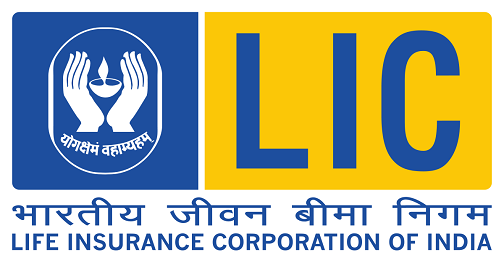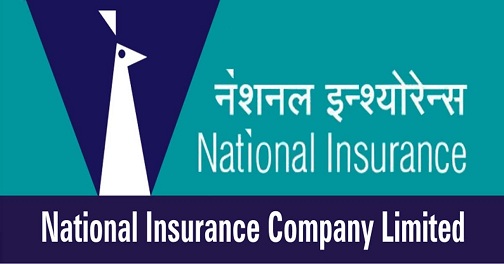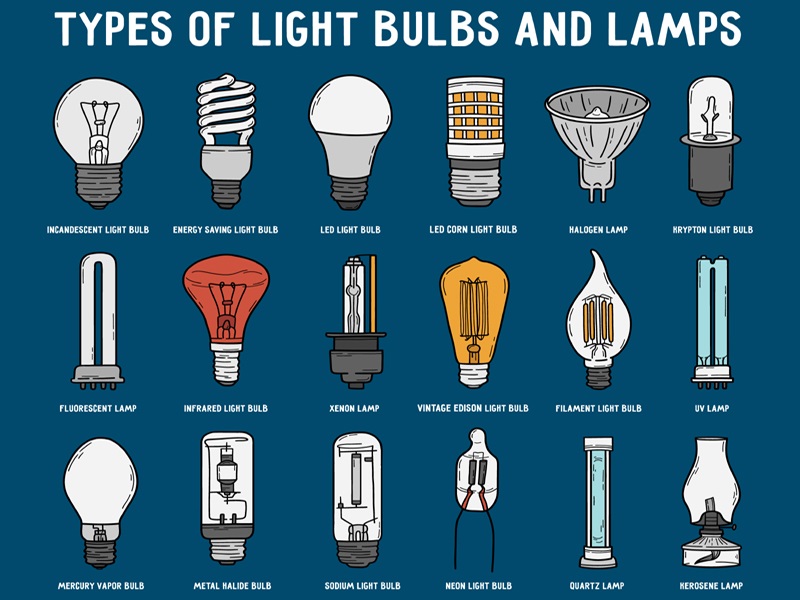To define types of life insurance in strict language, it is a contract between the insurer and the policyholder, where the insurer promises to pay the sum of money to the beneficiary upon the policyholder’s death. Meanwhile, the policyholder has to pay a premium every month, a certain fixed sum, depending on the policy he has taken. The significance of life insurance lies exactly in this, securing the family’s future upon the demise of the breadwinner. That’s why all of us rush into taking a policy with life insurance(1). While the reasons could be plenty for why you need insurance, its purpose remains the same, saving you when in crisis.
Life Insurance Benefits:
Here are some good reasons to why it is important to you.
- Paying off Your Debts: Insurances are also needed to cover debts like a mortgage. This helps you in times of crisis, where otherwise you might have to sell property or house to cover the debts.
- Covering Your Child’s Expenses: Affording quality education is often the priority of many parents. But that comes with a cost. Hence, some people take insurance to cover their child’s expenses.
- For a Safe Future: Upon the death of the policyholder, it might be difficult for the family to find alternative financial support, especially if the policyholder was the sole breadwinner of the family.
Different Types of Life Insurance Policies Explained 2023:
Parents are the caregivers and support pillars for their children. It, therefore, is only fair to assume that they don’t want their children to suffer upon their untimely demise. That’s why life insurance policy are also taken for kids and adults. Take a look at some of the ones that you can invest insensibly.
Insurance is divided into term life insurance and permanent life insurance, and each of them is further divided into many kinds. Here is a quick look at the different life insurance types, what they are, and what they could offer you.
1. Term Life Insurance:
Like the name, this insurance offers protection for some time, say 10 or 30 years, depending on how you need to cover it. The insurance also provides a death benefit in case the policyholder dies during the tenure of the policy. This one is one of the most preferred and bets type of insurance that people opt and is also an appropriate one as long as your debt is covered or as long as your purpose is served.
- Pros: It is cheap and inexpensive, and when you invest in a term plan, it gives one tax savings.
- Cons: They offer limited coverage, that is, it might be hard for the policymaker to decide how many years he/she want to take the cover. While you may decide that 20 years is enough, you might later start to think you wanted for a more extended period. There is also no capital build-up and the death benefits amount, and your terms of coverage will be fixed, and thus you cannot increase your premium if you wish to do so.
2. Permanent Life Insurance:
As against term life insurance, permanent life insurance will provide you coverage as long as you decide to pay the premium. The insurance will also accumulate the cash value, and this can serve as an important means to your financial planning as time passes by. Further, they offer the following:
- Whole Life: This guarantees cash value and guaranteed death benefit and potential dividends. There is also early high cash value once it is planned well.
- Guaranteed Universal Life: This one promises fixed returns with flexible premium payments. They also offer some cash value but limited and is specifically designed for a lifetime death benefit.
- Indexed Universal Life: Indexed universal life is indexed to the stock market for getting higher returns. They also guarantee protection against market loss.
- Variable Universal Life: In the variable universal life, the investment account is closely bound to the market and the growth of it is purely based on market returns.
- Pros: They offer a tax-free death benefit and the tax cash value growth is deferred in this. They also offer infinite banking, which means that the cash value in the policy you took will act as your private banking system.
- Cons: It is expensive, and longevity is another issue. Longevity is sometimes a benefit and is also a demerit. While you can seek coverage as long as you want, you may also face a problem when you no longer need it.
Child Life Insurance:
Here are some life insurance options for children.
1. Child Term Life Insurance:
The child term life insurance provides only death benefit, but they also convert to a policy much later. The policy will exist as long as you, as the policyholder, pay the premium.
- Benefit: It offers good cash value and living benefits, plus they will always be insured. They are also affordable.
2. Child Universal Life Insurance:
This type of insurance provides your child, death benefits and a savings account that can be used by the child later.
- Benefit: They are safe and also sternly insured.
Top 5 Best Life Insurance Companies in India:
Here are some top insurance companies are known for their name and trust people have in them.
1. Canara HBSC OBC Life Insurance Company:
This joint venture was formed in the year 2008 between Canara Bank, HSBC and Oriental Bank of Commerce. It is a pan India company that has about 7000 branches of three shareholder banks. It also provides the required training and coaching for all the bank staff across the country. The company also provides customized products for its huge customer base, thus making sure all the needs are met.
2. SBI Life Insurance:
The SBI Life Insurance was introduced in 2001, and this is also a joint venture between SBI and BNP Paribas Cardif. They are known for offering an exclusive range of life insurance schemes and pension schemes that are economical, meant to be affordable for all. It also offers a savings plan, unit link plan, child plan and pension plan—this type of life insurance good for business owners.
3. Life Insurance Corporation of India:
LIC is a public sector insurance company and offers a variety of insurance schemes for people, each based on their affordability. They also have a unique salary saving portfolio and also incentive schemes for schools, villages and banks. It also has a foreign operation, and thus seeking their assistance will not be a problem even if you are out of India. And it is one of the most expensive types of life insurance in India.
4. Aviva Life Insurance Company:
It is one of the popular and least expensive life insurance companies and is a joint venture between the Dabur and Aviva groups. And It has a worldwide customer base with about 121 networked centres all around. It has a wide range of plans and schemes for interested policyholders. Aviva life insurance comes in economical rates. Some of their common plans include protection, ruler plan, child plan, retirement plan, health plan and savings plan.
5. National Insurance Company:
It is a state-owned general insurance company in India. Its headquarters is in Kolkata and was nationalised in the year 1972. They provide various schemes for those looking to take the policy and are intended to be of best interest to them. It is the best type of life insurance company for young adults.
6. HDFC Life Insurance Company:
With headquarters in Mumbai, HDFC Life Insurance is one of the long-term insurance providers of the country. It is an associated company formed with HDFC and Standard Life Aberdeen PLC. It has about 414 branches and offers both individual and group insurance policies.
That being said, here are the steps that are followed to get new life insurance.
- The first step is to essentially fill out an application form that will ask for your basic details like annual income, health history, family health history, lifestyle habits etc. Remember to answer these honestly, else the company has the right to cancel the policy at any time.
- Some policies will require you to undergo a physical examination.
- The third step is to pay the premium, where you have to select a death benefit.
Sometimes you won’t qualify for the insurance. Here are the circumstances:
- If you have some chronic illness like cancer or heart attack
- A high-risk occupation like military service
- Lying on the application and not being honest.
Read Also: About Health Insurance Companies In India
Whether you agree or not, life insurance is sure a boon most of the times. They save you in times of crisis and are potential saviours. However, the key lies in choosing the right plan or scheme, one that you will be able to afford and one that will solve your purpose. Once you know this, you will see the wonder insurance can do in securing your future.















































































































